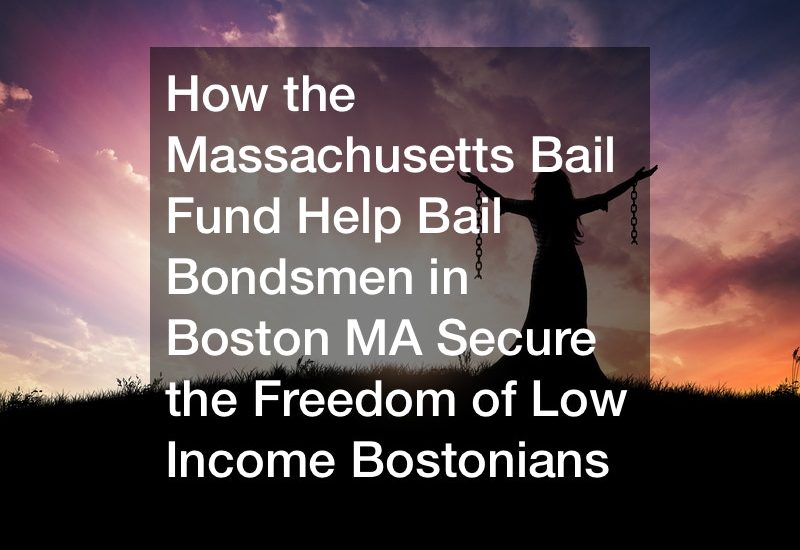For these criminal defendants, bail is a crime that criminalizes illness and poverty. This means that those who have the money to employ a bail bondsman service can get released from jail until the time of trial. For those who do not have the funds to hire bail bondsmen are required to remain in the prison for the duration of the trial.
It happens because bail bondsmen must meet three conditions to sign bonds:
Cost: A 10% fee is typically charged by bail bondsmen for the creation of a bond. If they need to write a bond of $5,000, they’ll cost $500. If the party who’s the defendant, or the family of the defendant does not have enough cash to pay fees then the bail bondsman will not sign the bond.
Co-signers are required by bail bondsmen. Bail bondsmen can make use of this to sue you for failing to show up on court. The bail bondsman won’t likely write you a bond in the absence of the cosigner to shoulder the responsibility of your release.
Collateral is often one of the greatest hurdles to getting a bail bond. Your co-signer, or you as a co-signer, must post collateral to cover the bail in the event that you fail to show up for court dates. Bail bondsmen will take the bond payment or take you back to jail if you don’t attend the court. If you’re not in court, the bail bondsman will make a sale of your collateral to pay for your bail. A majority of collateral can be acceptable to bail agencies such as vehicle titles, the property title and cash.
Many times, the defendant does not have the means to obtain a bail bond. Bail funds are a great option for bail bondmen in these situations.
What’s the role of Bail Funds?
Bail fund funds are generally charitable operations that keep money available and provide the bail bonds with grants. The Massachusetts Bail Fund offers these services: 8rjcwhu39e.
